SOCIAL-EMOTIONAL LEARNING IS FOR ALL
Early childhood, primary and secondary curriculum frameworks, including ACARA, today incorporate personal (emotional) and social skills (SELs) as essential to student learning. However, schools must be ready to teach social-emotional skills and values to all students, not just those who present as “at-risk,” “welfare” or with behavioural problems. Building critical mass with SELs is an essential aspect of education for students to take responsibility for their learning and achievement, behaviour and emotional health.
BUILDING “CRITICAL MASS” FOR SEL SUCCESS
I have visited hundreds of schools over the years that have chosen You Can Do It! Education (YCDI!) as their school-wide student wellbeing program. During my visits, I discovered that some schools are implementing YCDI! more successfully than others. By success, I mean most students at the school demonstrate the five YCDI! SEL keys of confidence, persistence, organisation, getting along, resilience and positive attitudes (e.g., self-acceptance, working tough, optimism). This insight comes from what students say about their use of the five keys and the significance of their thinking in determining how they feel and behave. Feedback confirmed this when I meet with parents who describe the changes they have observed in their children’s behaviour and happiness.
In schools ineffectively implementing YCDI! programs, I discovered common characteristics. In these schools, apart from lessons taught from, Program Achieve, YCDI’s core curricula, the students were not immersed in the language and culture of YCDI! during academic learning and outside of the classroom. The lack of a school-wide immersion of SELs applies to the success of any SEL program. While the core SEL skills and attitudes can be successfully introduced to students in their SEL class time, reinforcing and using these ideas throughout the school day (and at home) is the key.
I remember witnessing an example of a missed opportunity for reinforcing SEL skills outside the scheduled SEL lessons at a school heavily committed to teaching YCDI! in the Northern Territory. Students were taught Program Achieve lessons twice a week in their tutor groups. However, staff expressed frustration that YCDI! was only benefitting their “better” students, not those who were struggling. In the afternoon, I observed a physical education class where the coach handed out uniforms and prepared the school’s footy team for an upcoming state-wide competition. Not once did the coach take this opportunity to discuss with and remind students that the keys to success in playing football had a lot to do with the 5 key SELs of confidence, persistence, organisation (goal, setting, time management), teamwork and resilience.
Does everyone at your school need to contribute, or can critical mass be built by a few SELophiles? The evidence here is clear.
Every day, everyone needs to play a part. With what I call “collectivity,” a critical mass will be built that will result in a steep increase in the developmental SEL trajectory of all students. So, don’t dodge this initiative. It is too important.
How will you know when SEL has achieved the critical mass needed to impact your total student population? You’ll see that you have been successful when you observe all students using the language of SEL and walking the talk. And when this day arrives, I can assure you that all staff members will experience collective goosebumps.
KEY PRACTICES YOU CAN TAKE TO BUILD CRITICAL MASS
For successful implementation of any SEL, a critical mass of school-home practices must support the teaching of SEL lessons.
Here is a list of actions that experience has shown will build the critical mass needed for SEL to become an intrinsic part of your school’s culture so that all students are influenced.
Awards
Assemblies
Excursions
Celebration of Student “Success” Stories
Feedback to Students
Student Representative Council
School and Classroom Signage
Involve Sporting Coaches
Helping Students Begin the Day with a Positive Mindset
Assessment
Social and Emotional Learning Curricula
There is no doubt that effective teaching of SELs is aided when teachers use a comprehensive SEL program with student-friendly activities that explicitly teach the knowledge and skills surrounding specific SELs, which students then apply to their lives.
(Read more about Program Achieve)
Integration of SELs in Academic Learning
Ongoing SEL Professional Development of All Staff



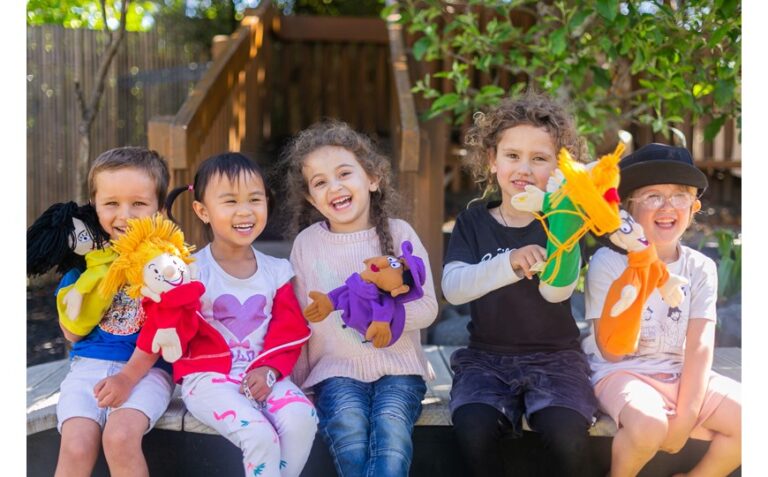
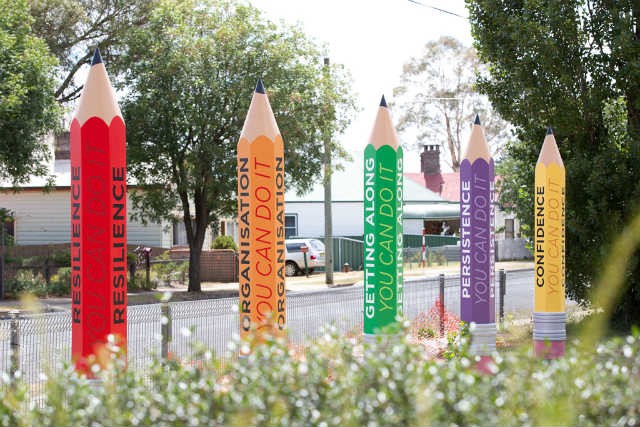
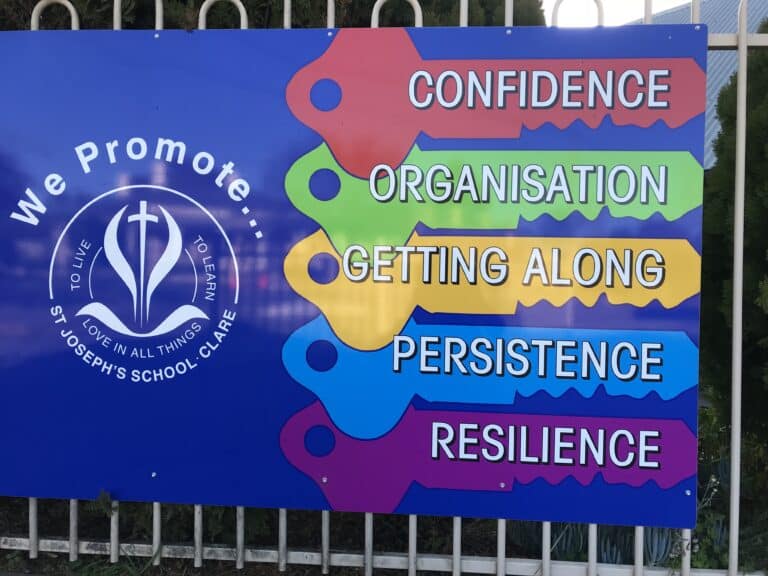
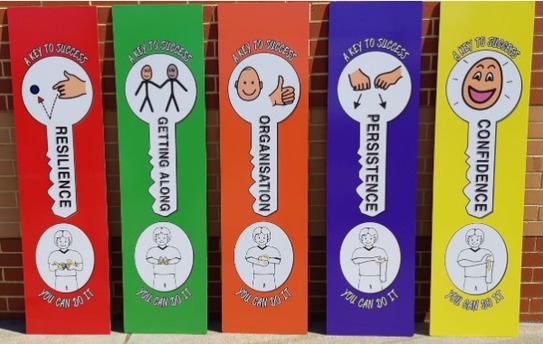
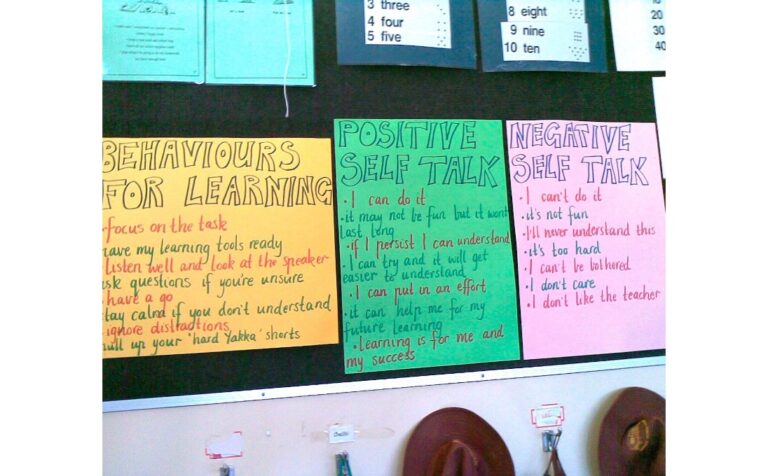
Finally, it is clear that school-home collaboration aids the success of any SEL program’s implementation. Provide ongoing parent education in SEL through your school’s newsletters and meeting with parents.
REFERENCES
Bernard, M.E. The You Can Do It! Education Resource Book: Classroom and School-wide Practices for Social and Emotional Learning, 3rd Ed. The Bernard Group, 2022
Bernard, M.E. Program Achieve. A Social-Emotional Learning Curricula (Early Childhood, Primary, Secondary, 3rd Ed., The Bernard Group, 2022





